As we see every day, the evolution of technology, especially in energy, is making massive leaps. But can you imagine a world without the smell of jet fuel? Dutch startup Elysian is working to make that future a reality. In one of the world’s most competitive markets, the aviation industry is witnessing a transformative shift. The potential of future flight with 100% electric planes is not just a dream—it’s becoming a reality. Among the frontrunners in this revolution is Elysian, with its ambitious plans to introduce a fully electric regional aircraft capable of carrying 90 passengers over a range of 500 miles.
Breaking New Ground
The aviation sector has long been striving to reduce its climate impact, yet achieving net-zero emissions by 2050 remains a formidable challenge. Traditional jet engines and turboprops are fuel-hungry, and sustainable aviation fuel is not being produced quickly enough to meet demand. Electrification, while promising, has been hindered by the current limitations of battery technology.
However, Elysian is challenging this narrative. The startup is developing the E9X, a fully electric regional aircraft designed from the ground up to maximize efficiency with existing battery technology. This innovative approach has the potential to cut emissions by up to 90%, marking a significant leap forward in sustainable aviation.
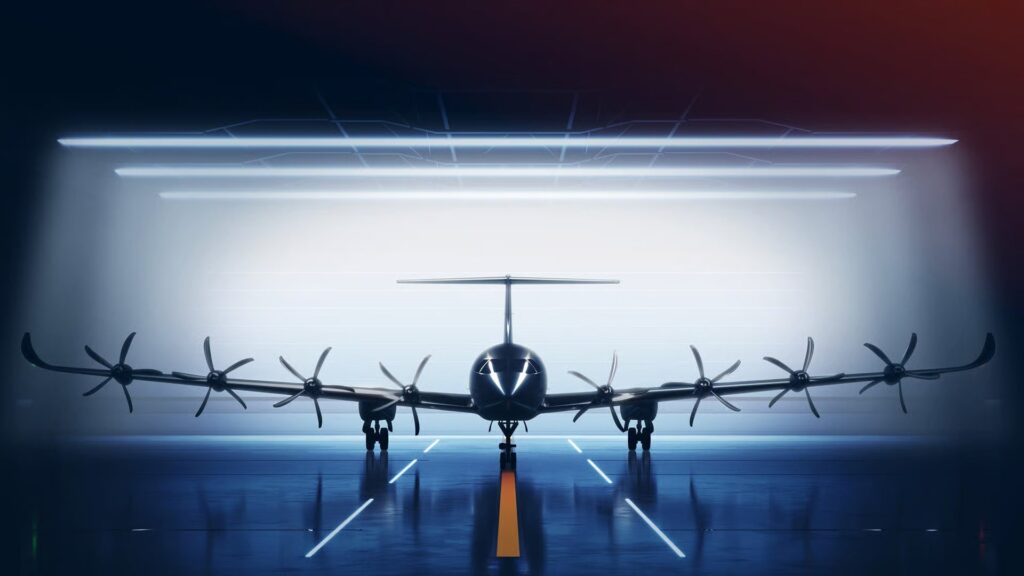
Reimagining Aircraft Design
Elysian’s E9X is a departure from conventional aircraft designs. With a wingspan of nearly 138 feet and eight propeller engines, the E9X will be larger and heavier than typical regional jets. This unconventional design leverages the latest advancements in aerodynamics and structural engineering to achieve greater range and efficiency.
One key innovation is the placement of batteries in the wings rather than the fuselage. This design choice optimizes weight distribution, enhancing both structural integrity and aerodynamic performance. According to Reynard de Vries, Elysian’s director of design and engineering, this configuration allows the aircraft to achieve a realistic range of 500 miles, even with current battery technology.
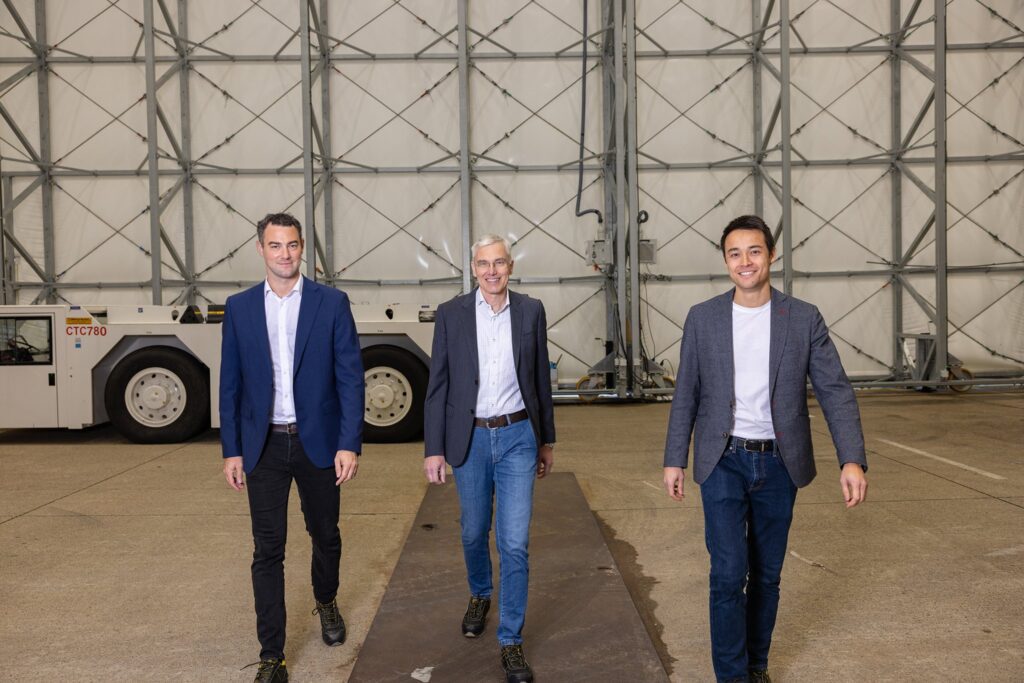
A Collaborative Effort
The development of the E9X is the result of a collaboration with the Delft University of Technology, the Netherlands’ oldest and largest technical university. This partnership has yielded groundbreaking insights into battery-electric aviation, which have been detailed in a scientific paper co-authored by de Vries and Elysian co-founder Rob Wolleswinkel.
The E9X will also feature innovative elements such as wing-mounted landing gear, foldable wingtips for space-saving, and a gas-turbine-based reserve energy system for emergency power. These advancements are expected to make the E9X’s climate impact 75% to 90% lower than that of today’s narrowbody jets.
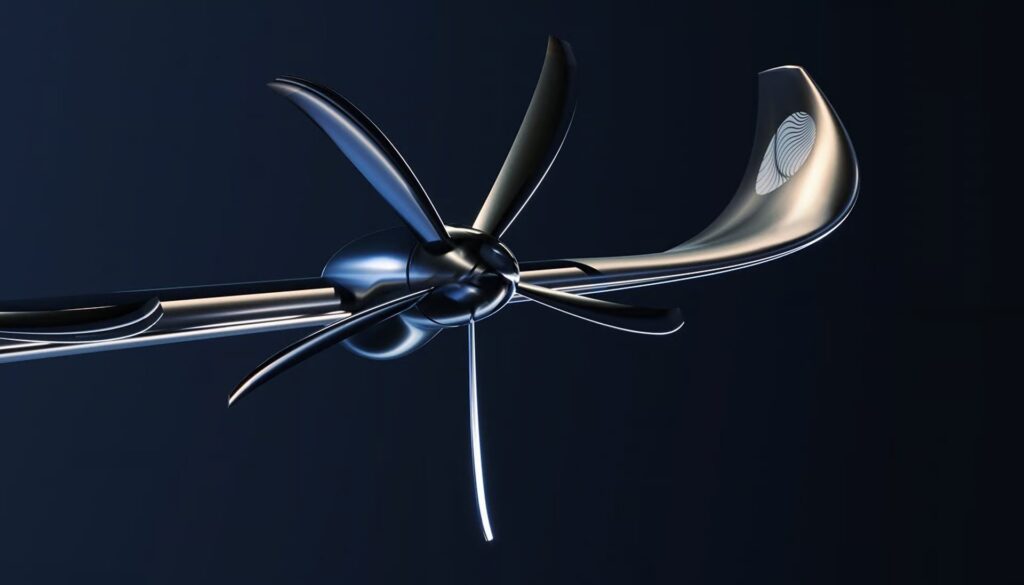
Meeting Practical Challenges
Despite its ambitious design, the E9X is engineered to fit within existing airport infrastructure. However, the turnaround time for charging its batteries presents a logistical challenge. Elysian aims for a maximum charging time of 45 minutes, slightly longer than current refueling times but still feasible for regional operations.
Elysian is already in discussions with airlines worldwide, anticipating interest from regional and commuter carriers. The E9X could also benefit secondary airfields currently underserved due to noise or emissions constraints, offering a quieter and more sustainable alternative.
Industry Perspective
Gökçin Çınar, a professor of aerospace engineering at the University of Michigan, notes that Elysian’s approach isn’t about introducing groundbreaking technologies but rather reconfiguring existing ones to redefine aviation norms. This pragmatic strategy, while promising, is one of many potential applications of electrification in aviation.
Other companies are also making strides in electric aviation. British-American ZeroAvia and Israeli-founded Eviation are developing hydrogen-electric and fully electric commuter planes, respectively. Swedish manufacturer Heart Aerospace is working on a hybrid-electric aircraft. These efforts highlight a broader industry trend towards sustainable flight.
The Road Ahead
Elysian faces significant challenges, from technological hurdles to infrastructure development and market competition. Aviation analyst Gary Crichlow emphasizes the incumbency advantage of established manufacturers with thousands of aircraft already in service. For Elysian to succeed, it will need to present a compelling case against conventional fleets and overcome substantial commercial and logistical barriers.
Despite these obstacles, Elysian’s vision for a fully electric regional aircraft represents a bold step towards a greener future in aviation. Their innovative approach and collaborative efforts with academic institutions signal a promising path forward.
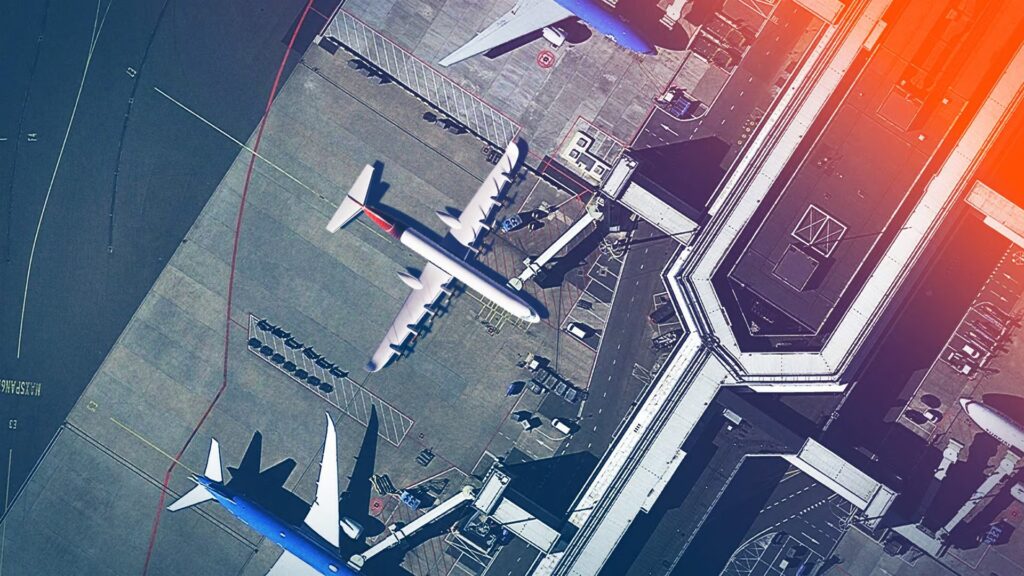
Celebrating Innovation and Looking Forward
As the aviation industry continues to evolve, the advancements being made by companies like Elysian are truly inspiring. Their dedication to reducing emissions and enhancing the travel experience positions them as a beacon of innovation in the sector.
At Paramount Global Ferry Services, we celebrate these groundbreaking efforts and eagerly anticipate the positive impact they will have on the industry. The future of aviation is electric, and we look forward to supporting and witnessing the achievements of pioneers like Elysian.
Ready to Elevate Your Aviation Operations?
Contact Paramount Global Ferry Services today to discover how our comprehensive solutions can streamline your flights, enhance safety, and optimize efficiency. Let’s take your operations to new heights together.
Sources:
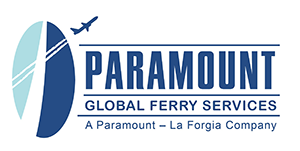
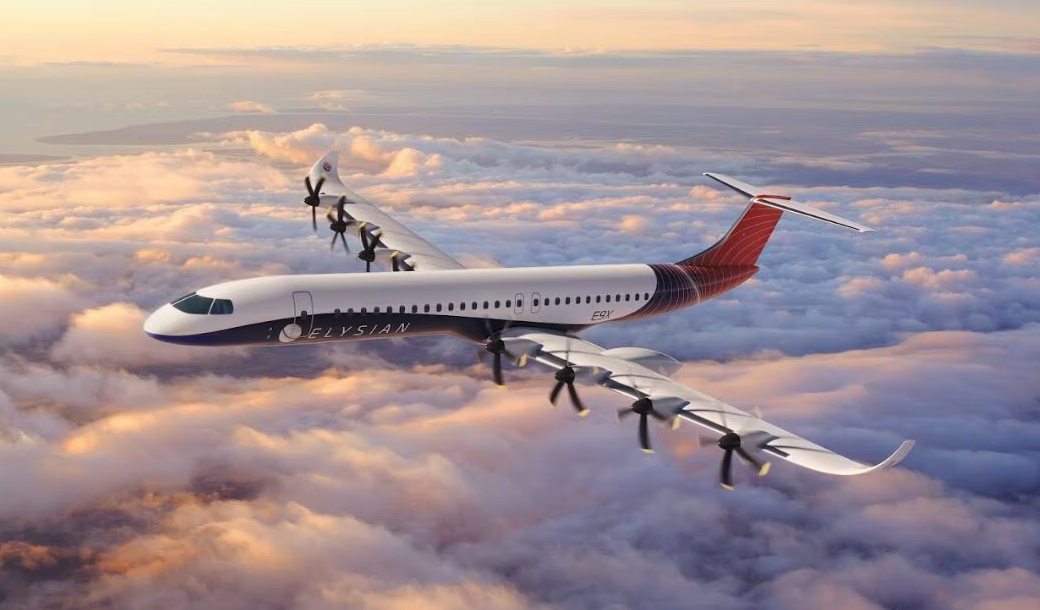
Recent Comments